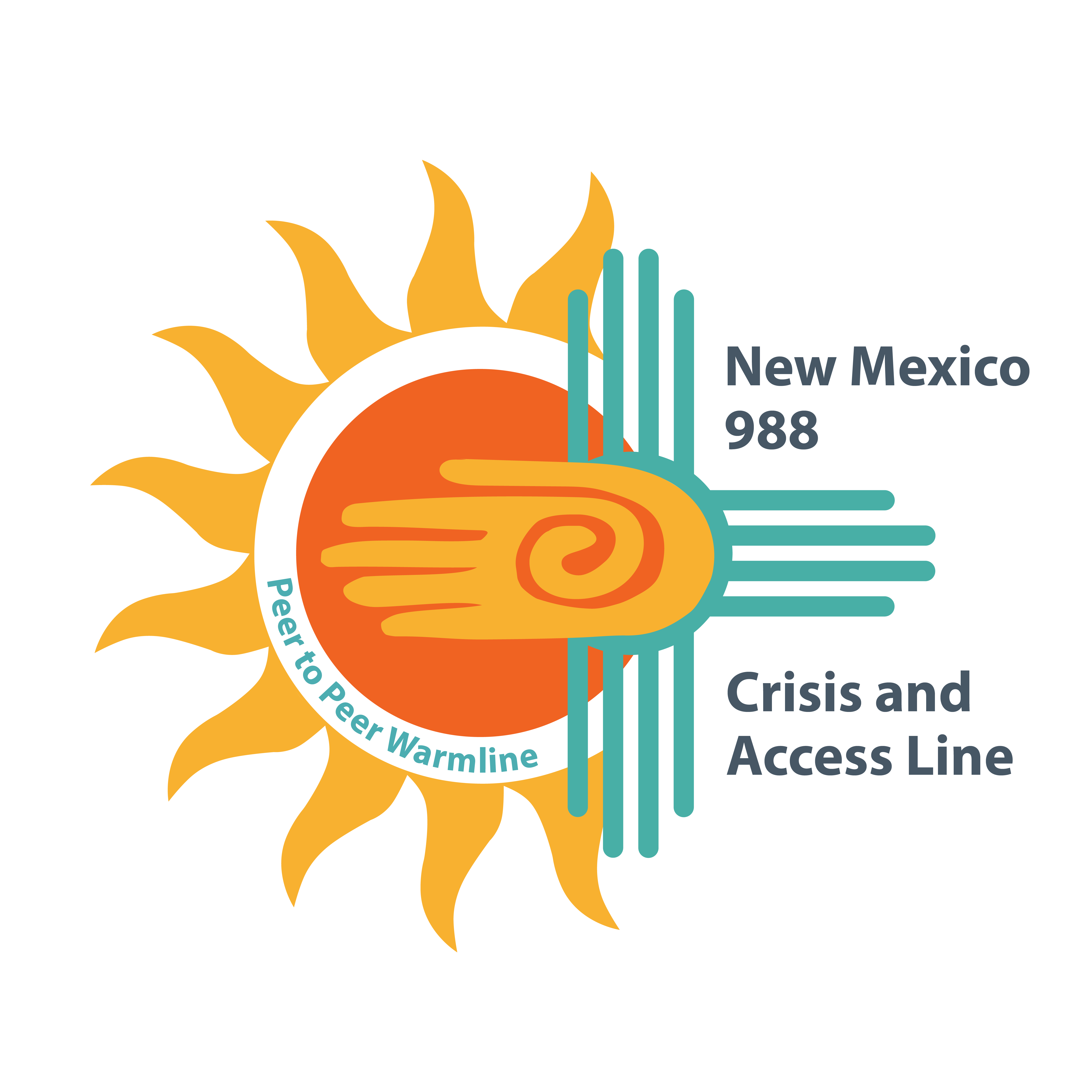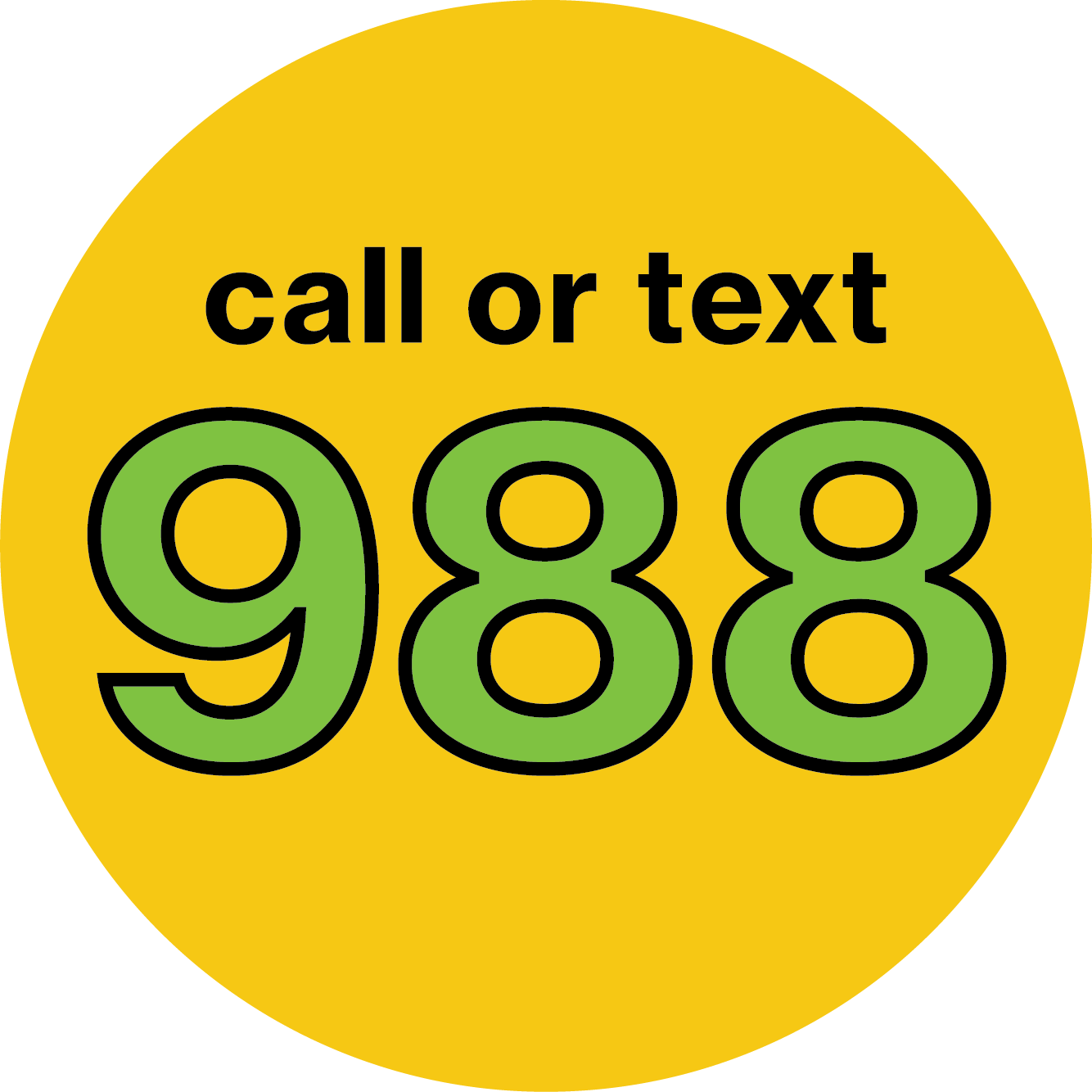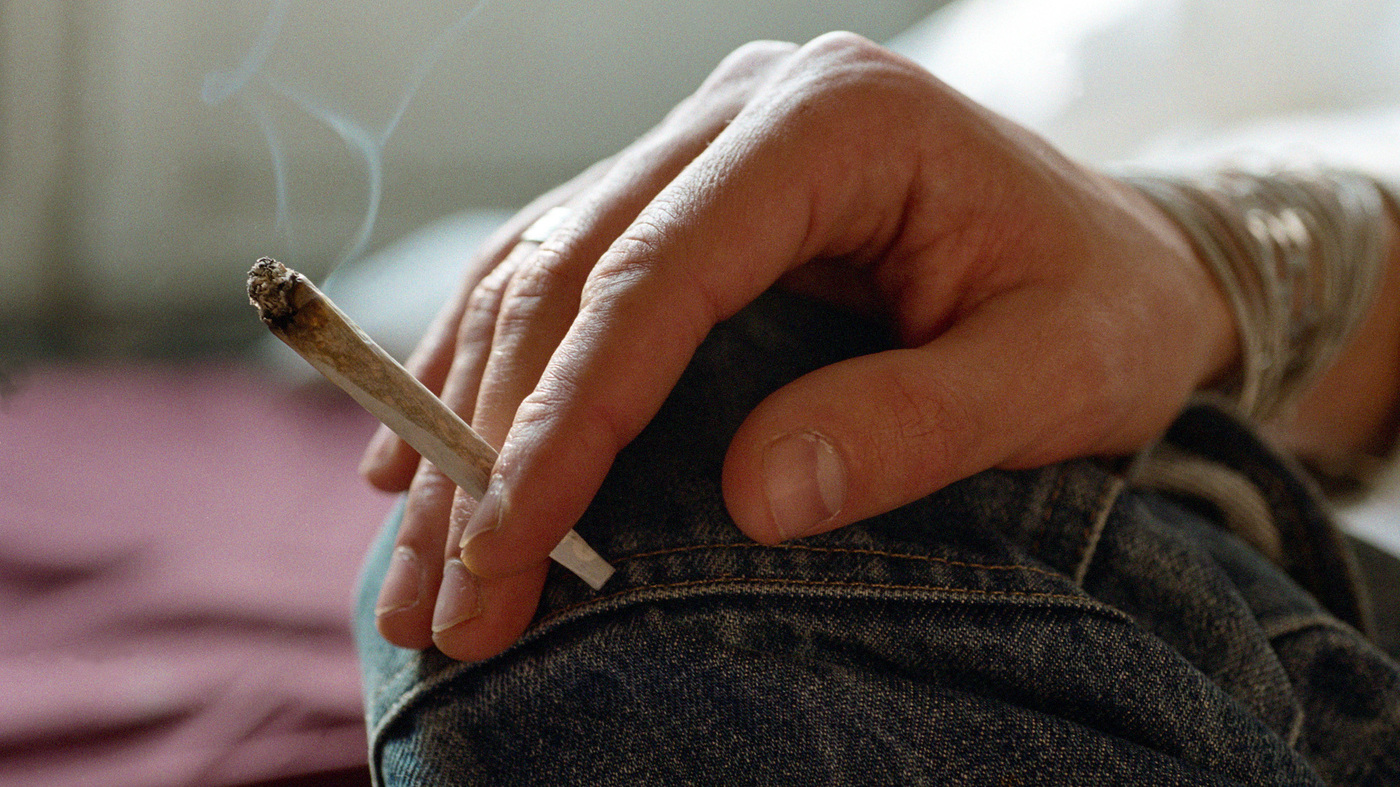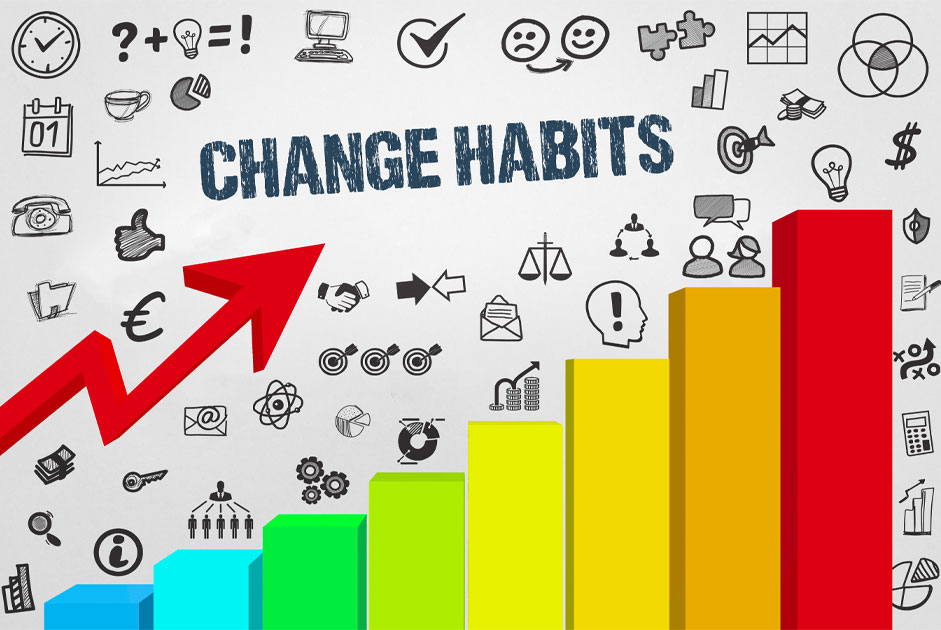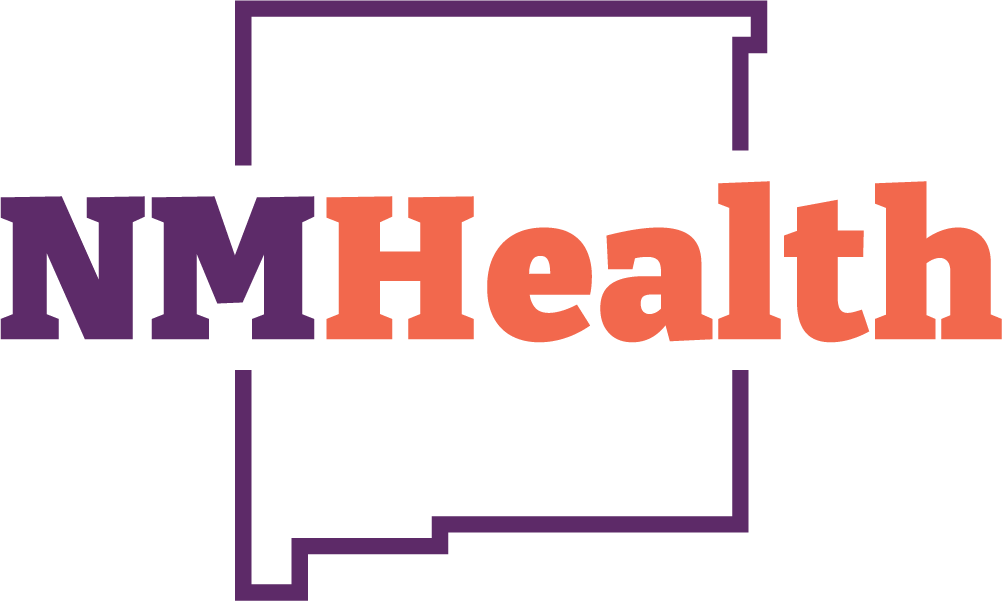Is someone you know using marijuana?
Marijuana is more mainstream than ever before, access to both recreational and medical-grade marijuana is becoming easier each and every day. On top of that, recent legal changes have altered the view of any dangers related to the use of this substance.
Don’t get us wrong, when used properly, marijuana has been proven to offer health benefits for certain conditions. However, inappropriate use can lead to a wide range of problems and can have drastically negative effects on health including: situational judgment, memory, coordination, addiction, and more. With that in mind, it is essential that you know how to recognize the signs of marijuana use to keep people safe and healthy.
Are you seeing changes in behavior, emotions, or psychological issues that are causing you concern?
Signs that someone you know may be using marijuana:
- Smelling like marijuana; which many compare to a strong, musky odor that is similar to the scent of a skunk. This strong smell can easily make its way into the fibers of your teen’s clothing.
- Red or bloodshot eyes
- Issues with muscle coordination
- Delayed reaction times, both physically and mentally.
- Mood swings
- Laziness and tiredness
- The presence of marijuana related paraphernalia
- Paranoia or anxiousness
- Hunger or the “munchies”
Changes in Emotional State
Different strains or types of marijuana have varying effects on the human body that can impact the user’s mind. Key signs of marijuana use are related to a person’s daily attitude and changes that inhibit a person’s ability to focus at school, work, and home. This often leads to negative effects on grades and performance, which could be a bigger sign that a person’s use has grown into an addiction.
Marijuana-Related Accessories
Using drugs typically requires specific tools and equipment to ingest or smoke the substance in question. Marijuana is no exception with over ten different ways to consume the drug including:
- Hand pipes and water pipes
- Joints or blunts (wrapped like a cigarette)
- Hookahs
- Vaporizers
- Oils
- Edibles (i.e. brownies, cookies, etc.)
- And more
Being keenly aware of the things needed for each of these options can help you look out for them around the house and within personal spaces.
How to react if your youth is using marijuana
Finding out your youth is using drugs will likely stir up strong emotions, but your reaction may be a deciding factor in how you’ll be able to help them. As with any drug, the effects of marijuana can be addictive. While some youth may try marijuana once and never touch it again, others may develop an addiction that can have a negative impact on the rest of their life.
Tools for talking to people about marijuana
Look for opportunities to discuss a person’s marijuana use in a private setting calmly and casually. Conversation starters can be news stories, school lessons, advertisements, seeing someone use marijuana on TV or in a movie, or smelling it in public. Second, be ready to listen, understand their perspective and try to avoid lecturing. It can help to start the conversation with open-ended questions about their perception of marijuana use, such as “Why do you think people try marijuana?” and “What do you know about the risks of using it?”
These conversations aim to acknowledge marijuana’s potential appeal and help the person you are talking with weigh the risks against the perceived benefits. Try not to use scare tactics or threaten. Instead, explain that you genuinely care about their health. Do your best to have these conversations frequently and, if you can, before they try marijuana for the first time.
If there is a history of addiction in the family a person’s risk of developing a concern with marijuana increases. As you would with any family disease, explain why the person needs to be more careful than their peers about substance use.
If you are concerned about someone’s substance use it is recommended that you talk to them and include them in the conversation, use the NM 5-Actions Program to evaluate the behaviors that are causing concern, and discuss the potential need to seek out treatment.
If you or someone you know needs to talk about substance use, emotional, mental, or behavioral health concerns, remember that there is always someone here to talk to at the New Mexico Crisis and Access Line, the Healthcare Worker and First Responder Support Line, or Peer-to-Peer Warmline.
Download the NMConnect app to easily access the call lines and resources.
- Link to the Apple iOS download
- Link to the Google Play Store download
